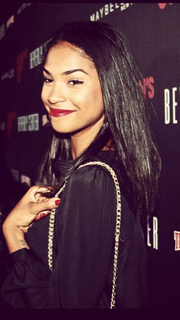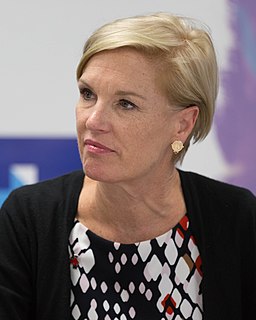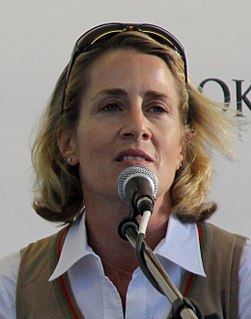A Quote by Khaled Hosseini
I came from an educated, upper middle-class family. My mother was a Persian and history teacher at a large high school for girls. Many of the women in my extended family and in our circle of friends were professionals. In those days, women were a vital part of the economy in Kabul. They worked as lawyers, physicians, college professors, etc., which makes the tragedy of how they were treated by the Taliban that much more painful.
Quote Topics
Came
Circle
Circle Of Friends
Class
College
College Professors
Days
Economy
Educated
Etc
Extended
Extended Family
Family
Friends
High
High School
History
History Teacher
How
Kabul
Large
Lawyers
Makes
Many
Middle
Middle-Class Family
More
Mother
Much
Our
Painful
Part
Persian
Physicians
Professionals
Professors
School
Taliban
Teacher
Those
Tragedy
Treated
Upper
Vital
Were
Which
Women
Worked
Related Quotes
Which class is happiest, the rich, the middle class or the poor? A very successful executive of a large organization touches upon this vital subject in a long letter to all his salesmen. He uses as his text a passage from Robinson Crusoe which included this: ""My Father bid me observe it, and I should always find that the calamities of life were shared among the upper and lower part of mankind; but that the middle station had the fewest disasters, and were not exposed to so many vicissitudes as the higher or lower part of mankind.
If you were a successful upper-middle-class Negro girl in the 1950s and '60s, you were, in practice and imagination, a white Protestant upper middle-class girl. Young, good-looking white women were the most desirable creatures in the world. It was hard not to want to imitate them; it was highly toxic, too, as we would learn.
Me and my sisters were taught that if our eyes worked and our legs worked, we were beautiful. We had so many kids in our family that if we all got in front of the mirror and were ashamed of browns and golds and yellows and whites, and we believed what society told us - that the darker people were less attractive and the lighter ones were prettier - we would have had sibling murders. My family, being half-rural and half-military, just came from a different place.
We don't like to talk about that in America, but there are classes in America. And she [Julia Child] was of a class of women who were wealthy, privately educated, went to Smith, moved in that sort of circle. She was conscripted into the OSS, which is the early CIA, which was all filled with Yalies and Princeton and Harvard people and a few women who were typing mostly but also had something to do.
Women were free in older times when the Islamic nation was strong. There are so many examples in history, not more than a thousand years ago, when Muslim women were leaders, scientists, professionals, and so on. It is all about justice, and justice can be attained through having the rulers accountable to their people.
When I recall my teachers at school, I realise that half of them were abnormal. . . . We pupils of old Austria were brought up to respect old people and women. But on our professors we had no mercy; they were our natural enemies. The majority of them were somewhat mentally deranged, and quite a few ended their days as honest-to-God lunatics! . . . I was in particular bad odor with the teachers. I showed not the slightest aptitude for foreign languages - though I might have, had not the teacher been a congenital idiot. I could not bear the sight of him.
I went to a girls high school and I went to a women's college and when I first started teaching at Georgetown it had been a single sex school and so they wanted to have some women professors when they went co-ed, and so I originally was hired to start a program there, and really encourage women to go into foreign policy. I always have done that, and I really do think that things are better when women are involved.
I have to throw in on a personal note that I didn't like history when I was in high school. I didn't study history when I was in college, none at all, and only started to do graduate study when my children were going to graduate school. What first intrigued me was this desire to understand my family and put it in the context of American history. That makes history so appealing and so central to what I am trying to do.







































